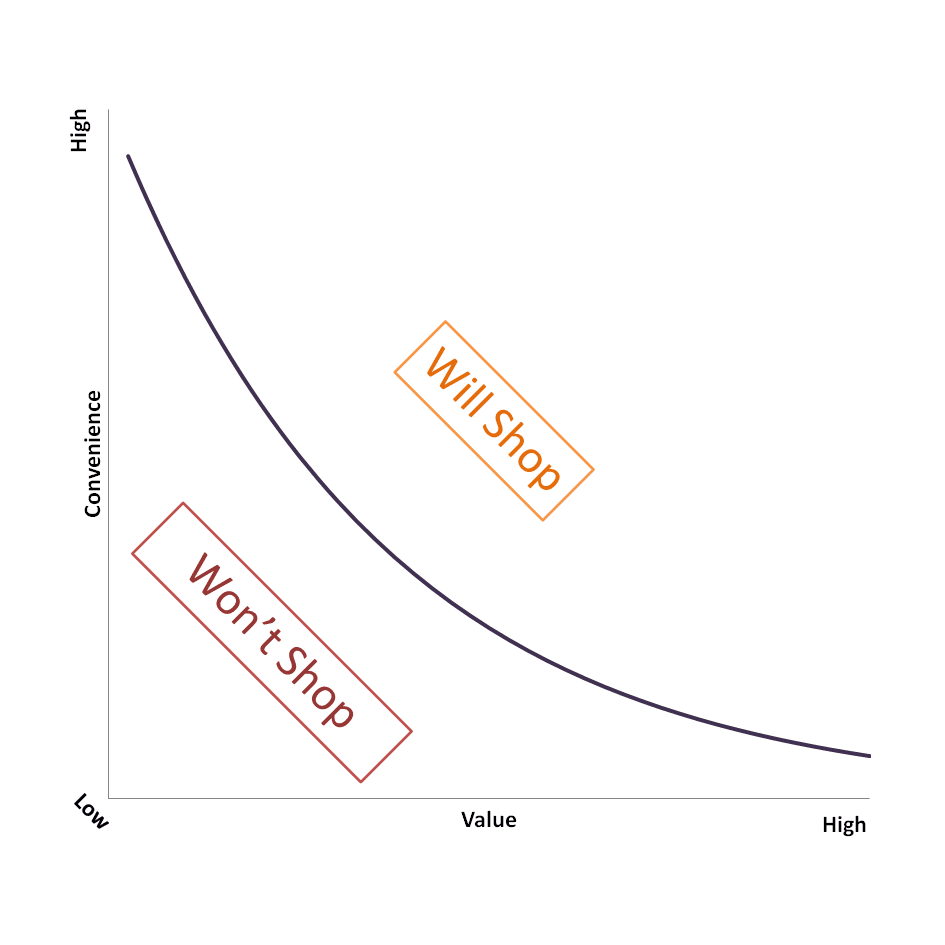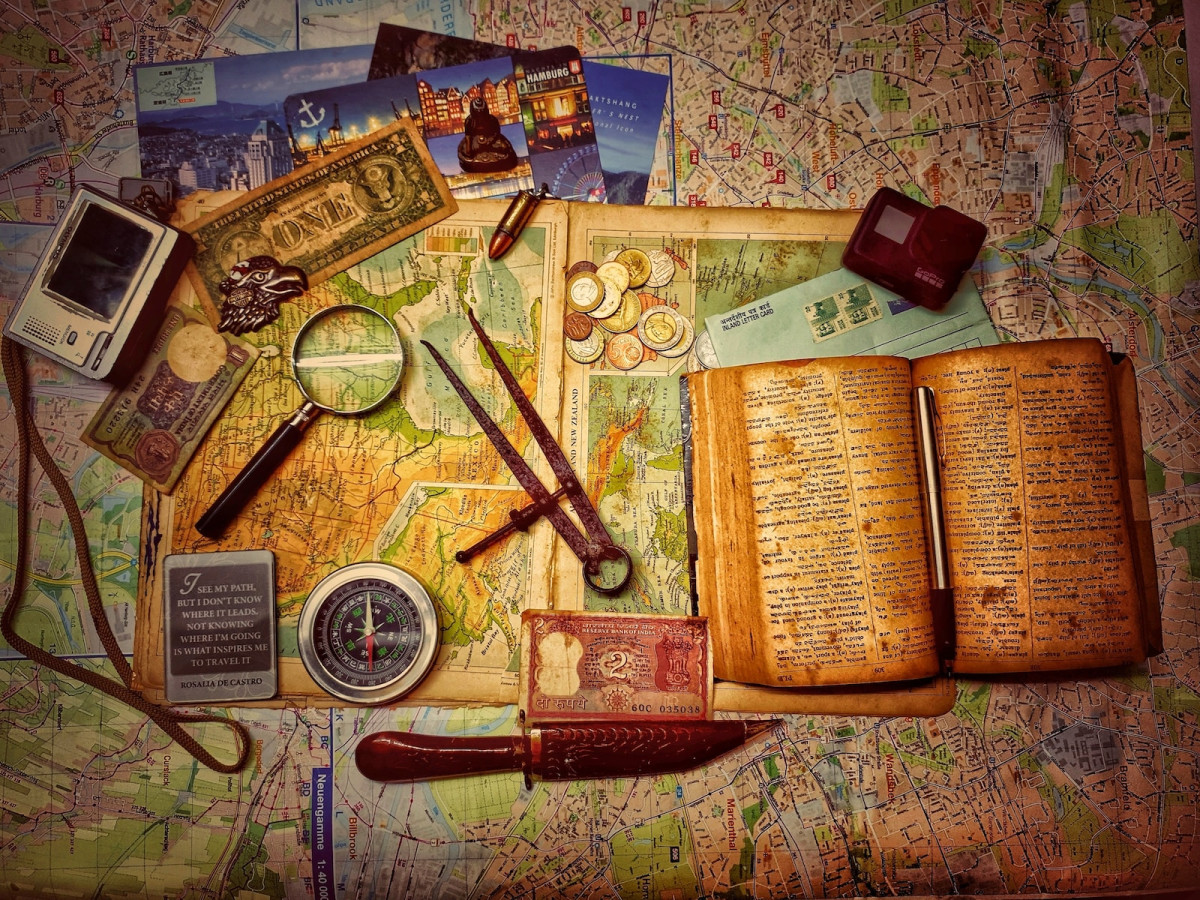I’ve always loved treasure hunts. One of my fondest memories was of my parents creating a huge treasure hunt around the local neighborhood for my birthday party. Each item you found had a clue to the next item. It could be at a friend’s house, under a rock, up a tree – all sorts. It was fun and kept us all entertained for a few hours – and it stuck with me.
It stuck with me for many reasons, and it was not until recently I realized what some of them were and why I so often recommend them to clients as a way to engage their customers and users.
What is a Treasure Hunt
We should start at the beginning and define a treasure hunt. These were all the rage before escape rooms, but are – in essence – very similar. You start with a mission briefing – find an item or items. After that, there are two main variations.
Random Hunt
The first is very simple, find all the items on the list, just by hunting around the environment. No clues, no explanations, just find all the items to win. This is great in a closed environment, such as a shop. Imagine a toy store and having a bingo card with 5 specific toys on it for kids to find. Each one they find, they mark off the card until they have them all. These take no time to set up but can be fun if kept small and focused. It’s like looking for your lost keys – but fun!
Clue Hunter
The second is more complex and takes more planning. Rather than looking randomly for an item, you start with a clue. When you solve the clue and find the physical location of the answer, you find another clue. This continues until you reach the final goal or treasure. In pirate parlance – “X Marks the Spot!” Think of films like National Treasure or Indiana Jones and the Last Crusade, where the entire film revolves around solving clues to progress toward the final treasure.
These are my favorite types as each clue is a game in itself, similar to escape rooms. Every clue has you solving a puzzle using different skills. The difference here is that each clue leads you to a new location AND another clue.
How is this useful?
Glad you asked! Whilst an escape room keeps you in one place, a treasure hunt can lead you anywhere. If it is in a physical location, such as a shop, it can lead you all over the shop – including places you may never have visited before. This can be a great way to get customers looking at items they had never considered buying in the past – or may not have known even existed.
On a larger – still physical – scale, this is the type of experience that can get you moving around the real world. The clues could lead you all over a town rather than just a single shop. Each shop could sign up for the treasure hunt and be the gate keeper of a clue. To win, you have to visit each shop on the path. For a shop with limited footfall, this could be a great opportunity to become more discoverable with the locals.
The concept can become even larger when you make it virtual. Many years ago Orange ran a campaign where you signed up to put a bit of code on your site and then players would fly a balloon through a virtual course, that took you through signed-up websites. This was a huge opportunity to get traffic as people were automatically directed to your site as they played. The downside with this was that you were engaged in an actual game, and the website was just the background – so visits were short.
With a treasure hunt that has a user exploring your site for solutions to puzzles, you have more chance of the new visitor converting and maybe deciding they like your site!
Put simply, it is a fun way for someone to explore your environment – virtual or physical.
Something for Everyone
What I really love about treasure hunts is that there is something for all User Types to enjoy!
Socialiser
It is easy to make treasure hunts “multi-player” just with the simple act of putting people in teams! Working together towards a common goal is a fantastic way to create team bonds. You can even expand on this by making some of the puzzles require more than one person to cooperate to complete them.
Free Spirit
Treasure hunts encourage exploration and creative thinking. In a simple “find the objects” style version, the explorer side of Free Spirits gets to look for the items at their own pace and in any order they like. The more creator side of the Free Spirit can be engaged with finding fun ways to solve puzzles and clues. Try to build multiple paths to victory for them to explore with puzzles that have multiple solutions.
Achiever
Achievers like to achieve and learn and master. A treasure hunt that requires constant progress, with new puzzles building on the knowledge and skills learned from old puzzles would be ideal for achievers as they can feel they are progressing and mastering the “game”.
Philanthropist
Creating ways that philanthropists can help others can provide them with some fun and meaningful interaction, but also make it easier for others struggling. Rather than blocking people from sharing clues online, encourage a community that works towards helping everyone succeed. At the end of the day, you want as many people as possible fully engaged.
Player
At the end of the day, there is a game to complete and something to be won, whether it is bragging rights or a prize. That is what the player is there for, so they should be covered from the moment they start – eys on the prize! Just make sure that the effort they put in is rewarded accordingly.
Disruptor
You can’t avoid them, there are always disruptors. But maybe you can use them to your advantage? How about including a “sabotage” element, where “controlled” sabotage is allowed, clues being faked or even moved? Of course, you need to be vigilant and make sure that Disruptors don’t ruin the game – but a little bit of bad behavior could be fun.
As you can see, treasure hunts offer up a variety of experiences for all user types and don’t have to be really hard to make, but you can go wild with them. I have not even mentioned how much fun it is for a game designer to build the puzzles, the opportunity to get people out of their houses and moving around, the chance to create vast multiplayer experiences that can create new friendship groups, the fun that can be had with themes and so much more!
Tell me about your experiences with treasure hunts, I’d love to know more!
Similar Posts:
- A Question of Ethics with a little nod to Gamification
- A Formulaic Approach to Loyalty – the 4 Keys
- The Fearification of Fun

Also published on Medium.

